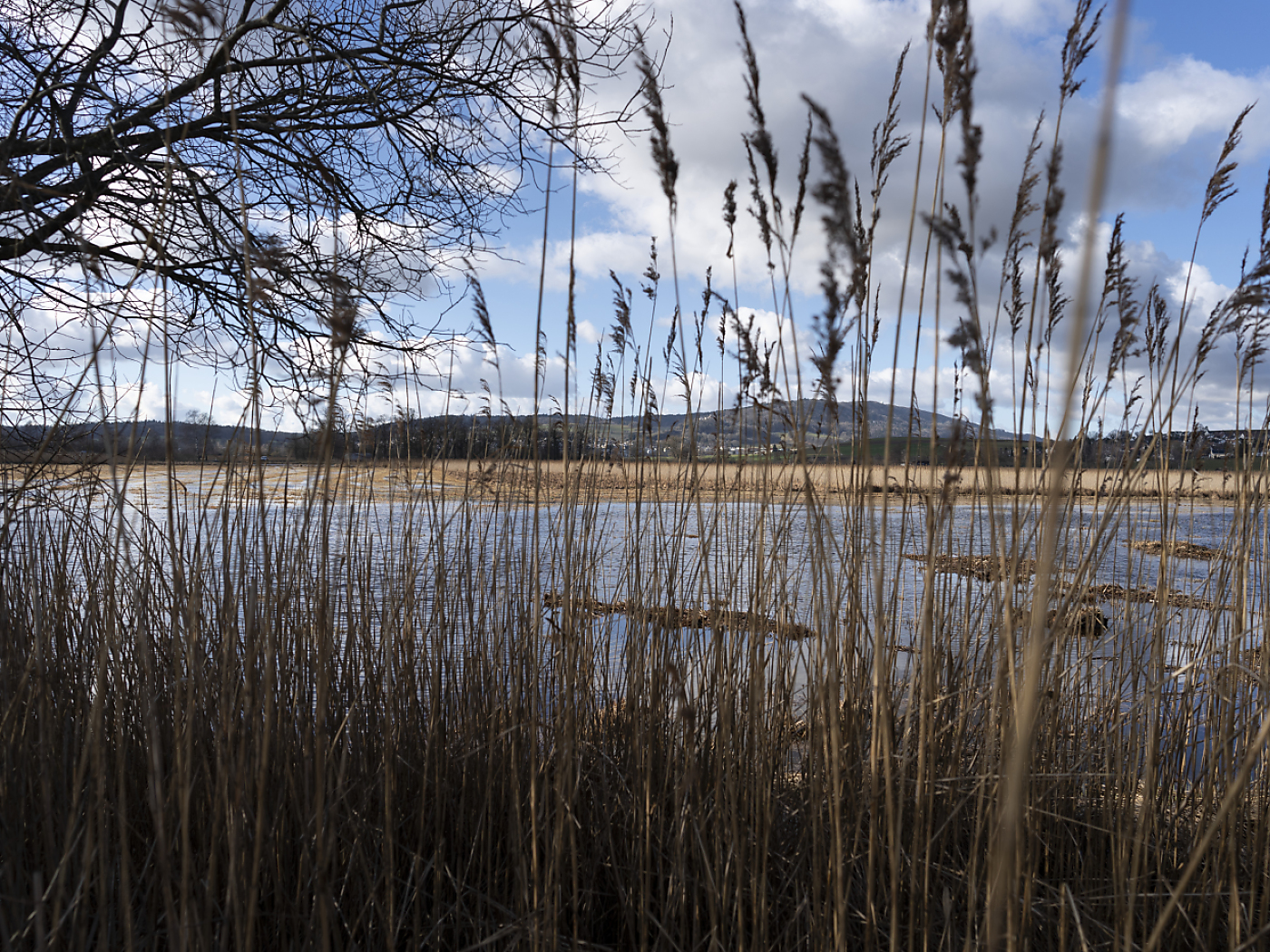
Swiss eco-adventurer Noam Yaron abandons bid to set swim record

Swiss eco-adventurer Noam Yaron's bid to set a new world record for the longest wetsuit swim without leaving the water has ended after almost 100 kms.
+ Get the most important news from Switzerland in your inbox
The goal of Yaron’s swim between Calvi and Monaco was to promote and protect the Mediterranean’s biodiversity.
The 27-year-old swimmer set off from Calvi, Corsica, at 8am on Friday, his team said on Sunday. “After two days and two nights of intense, continuous swimming, he completed the exceptional distance of almost 100 km.”
+ Swiss contribution to emissions-free planet ‘disappointing’
Right from the start of his journey, however, he had to contend with unfavorable conditions, including adverse currents that considerably extended the total time scheduled for the crossing. Because of these conditions, his team and experts recommended that he abandon the attempt.

More
Scientists alarmed by poor state of biodiversity in Switzerland
“The sea won”
“I spent 48 hours swimming continuously without sleeping and avoiding the jellyfish, but this time it was the sea that won. I couldn’t go against the currents – they were the strongest!” commented the swimmer. He added that he is “more motivated than ever to attempt the feat again in 2025.”
Through this crossing and his commitment to sport in favour of nature, the eco-adventurer has already succeeded in raising awareness among nearly 7.6 million people, writes his team. The team also points out that only 0.23% of the Mediterranean Sea is highly or completely protected.
Partners include the Oceanographic Institute of Monaco and the Swiss town of Morges in canton Vaud.
More
Translated from French by DeepL/mga
This news story has been written and carefully fact-checked by an external editorial team. At SWI swissinfo.ch we select the most relevant news for an international audience and use automatic translation tools such as DeepL to translate it into English. Providing you with automatically translated news gives us the time to write more in-depth articles.
If you want to know more about how we work, have a look here, if you want to learn more about how we use technology, click here, and if you have feedback on this news story please write to english@swissinfo.ch.

In compliance with the JTI standards
More: SWI swissinfo.ch certified by the Journalism Trust Initiative




























You can find an overview of ongoing debates with our journalists here . Please join us!
If you want to start a conversation about a topic raised in this article or want to report factual errors, email us at english@swissinfo.ch.